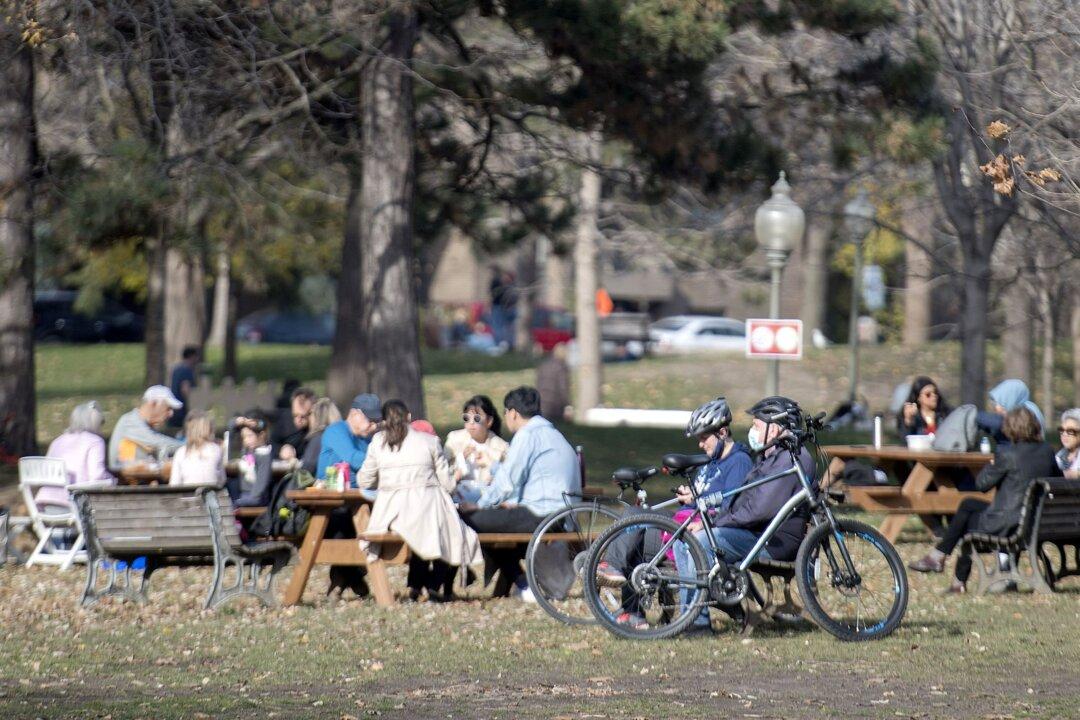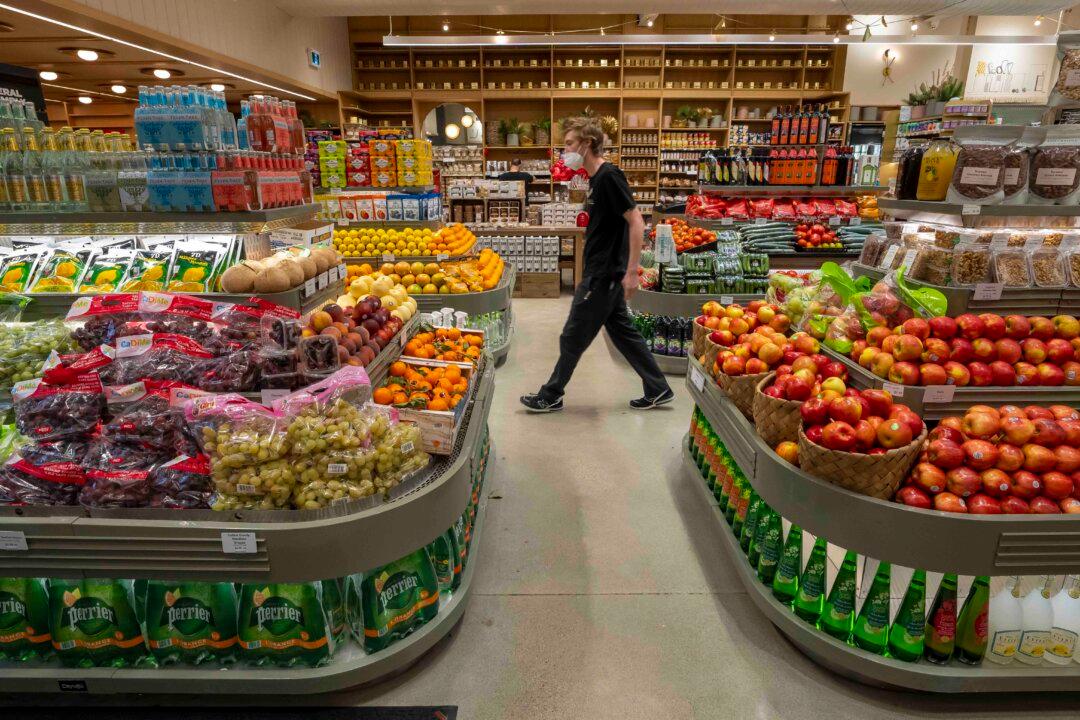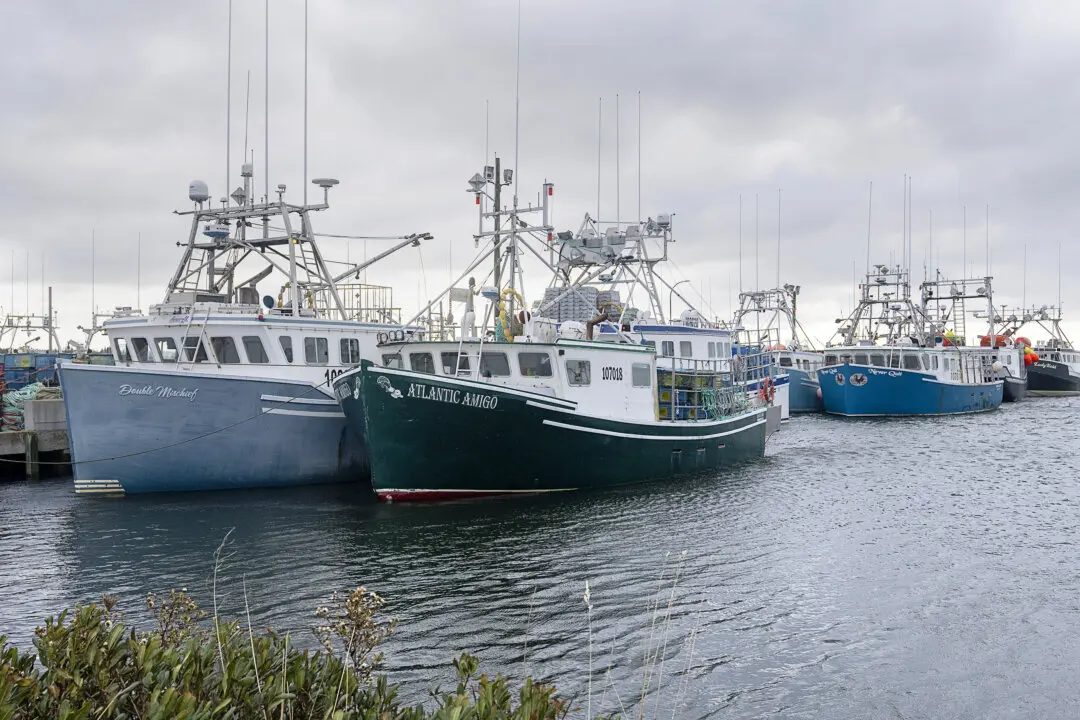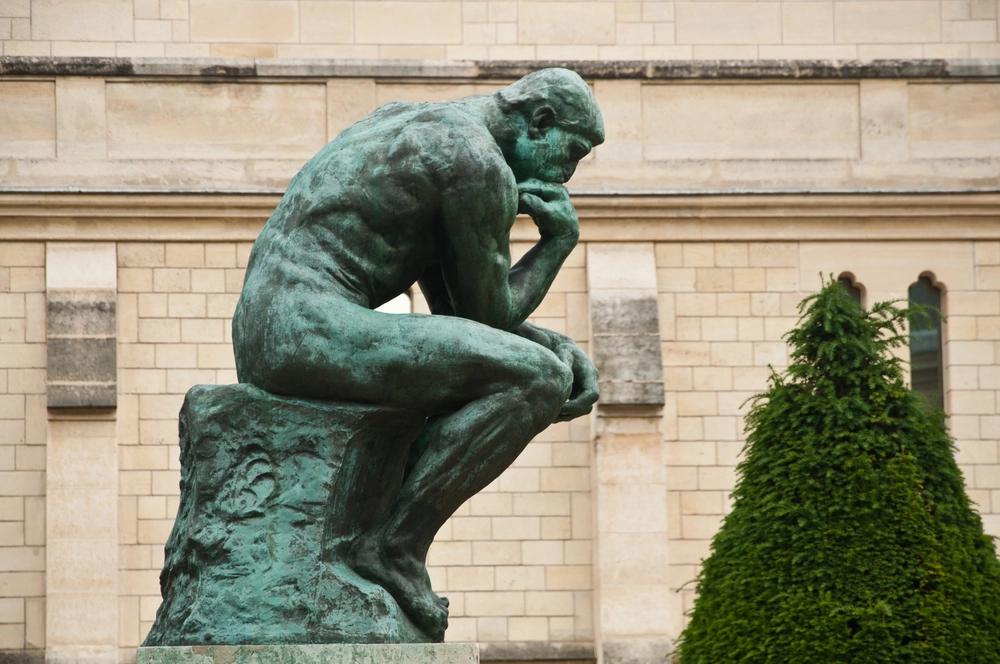Commentary
The other day I happened to have commercial dealings with a guy whose name and accent made clear he was from Russia. So here’s what I told him about the invasion of Ukraine: nothing. Not because I don’t care about Ukraine. I do, on humanitarian and strategic grounds. The reason I didn’t give Boris what-for (and don’t use his real name here) is that he’s not Vladimir Putin, RT, or “Russian.” He’s Canadian.





